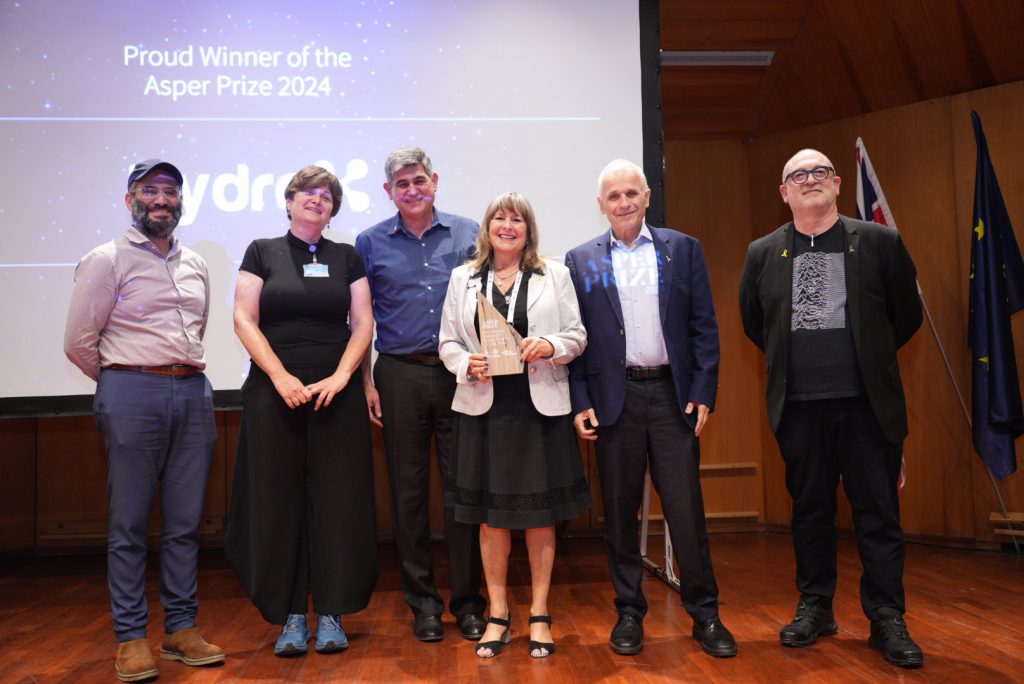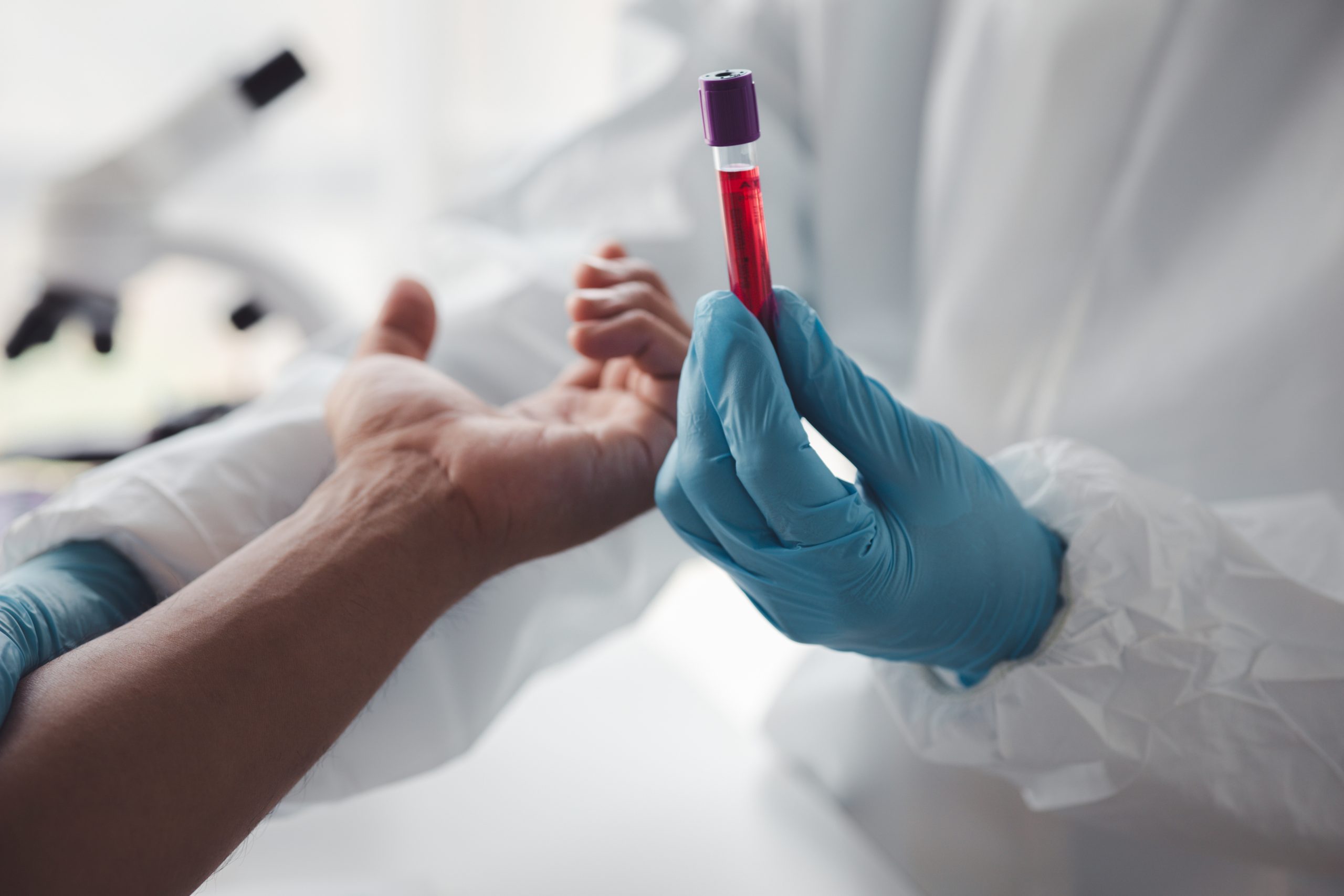
June 14, 2024 — GynTools and HydroX both triumphed in the 2024 Asper Prize “Hebrew University Rising Startup” competition, securing the prestigious title and a $26,690.00 USD (NIS 100,000) prize. This award was presented during the 87th meeting of the Hebrew University’s Board of Trustees as part of the annual “Asper Prize” competition. Established by ASPER-HUJI Innovate, Hebrew University’s Center for Innovation and Entrepreneurship, and in collaboration with the Asper Foundation, the competition fosters a vital link between academia and industry by encouraging innovation and entrepreneurship among students, faculty, and alumni.
The two winning companies:
- GynTools introduced GYNI, the first AI-based, accurate, rapid point-of-care diagnostic system for commonly misdiagnosed gynecological ailments.
- HydroX is reinventing hydrogen storage and transportation with a disruptive technology that enables the storage and transport of hydrogen in a non-toxic, non-flammable, non-explosive, and energy-efficient carrier, driving down the cost of hydrogen storage and transportation and unlocking the hydrogen economy
The competition attracted forty startups from diverse sectors, aligned with the United Nations’ Sustainable Development Goals (SDGs). After rigorous evaluations by a panel including senior executives from top Israeli venture capital funds, five finalists presented their ventures to the global assembly of the University’s Board of Trustees. Following these presentations, GynTools and HydroX were both declared winners.
Prof. Asher Cohen, President of Hebrew University, remarked on the achievement, “I am proud to see the Hebrew University continuously leveraging scientific knowledge to advance human capabilities and knowledge. This commitment makes it a hub for entrepreneurs, innovators, and pioneering researchers. Our students are imbued with an innovative spirit, gaining skills from various disciplines and creative thinking, which empowers them to devise original solutions to humanity’s needs and sustainable development challenges. The Hebrew University stands at the forefront of combating humanity’s challenges and promoting sustainability, training a new generation of technological entrepreneurs poised to shape humanity’s future.”
Gail Asper, Chair of the Asper Foundation, added: “The Asper Prize finalists are grappling with the hardest issues of the day—from AI energy consumption to medical diagnostics, and from pinpoint cancer drug delivery to addressing food and feed shortages. We are excited about the future of ASPER-HUJI Innovate and look forward to seeing it continue to grow and serve as a magnet for thousands of students, researchers, and alumni.”
Dr. Amnon Dekel, Executive Director of ASPER-HUJI Innovate, praised the finalists: “The startups showcased today are not only promising and excellent business innovators but also are exemplars in sustainability, health, computing, and industry. They demonstrate the powerful synergy between business acumen, innovation, and a commitment to global betterment.”
Three Other Start-Ups that Qualified for Finals:
- Intragel Therapeutics showcased SRGel, a gel-like polymer treatment for cancer that combines a high drug load to effectively reduce tumor size and extend patient lives, all without side effects.
- Rumafeed focused on enhancing global food security by developing a method to remove toxins from potato leaves and stems, which are harmful to livestock and result in significant agricultural waste. Their approach not only increases farmers’ incomes but also promotes sustainable agricultural practices and food security.
- CogniFiber demonstrated their advancement in neuromorphic optical processors that dramatically increase the speed of AI computations in sectors like algo-trading, servers, optical communications, and cybersecurity, achieving up to a 1000-fold speed increase while reducing energy usage by 99% and costs by up to 90%.



